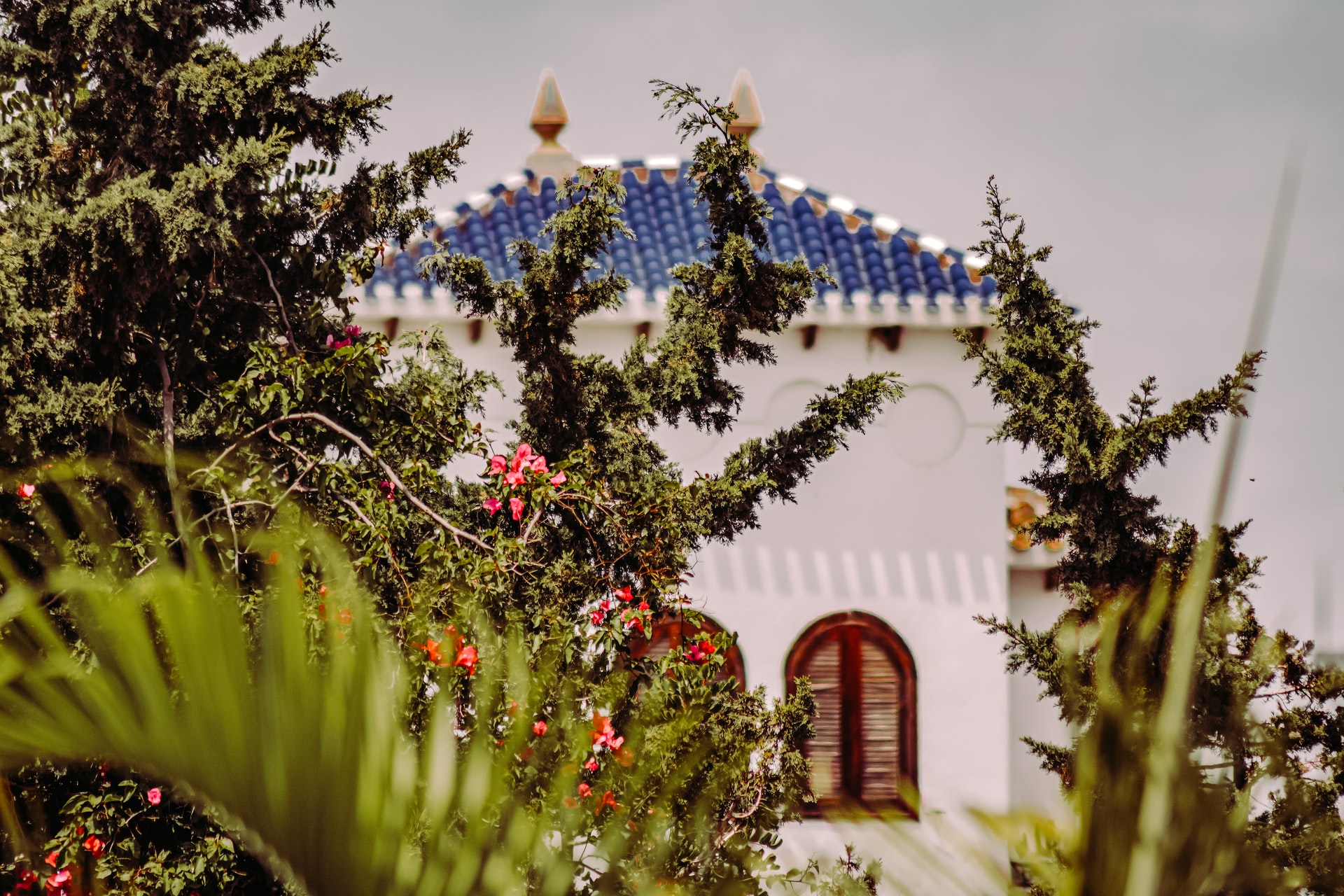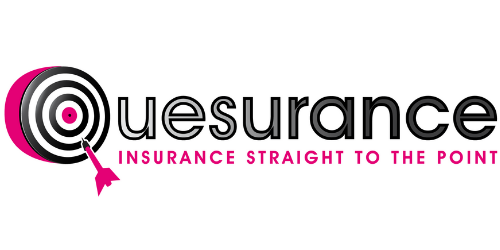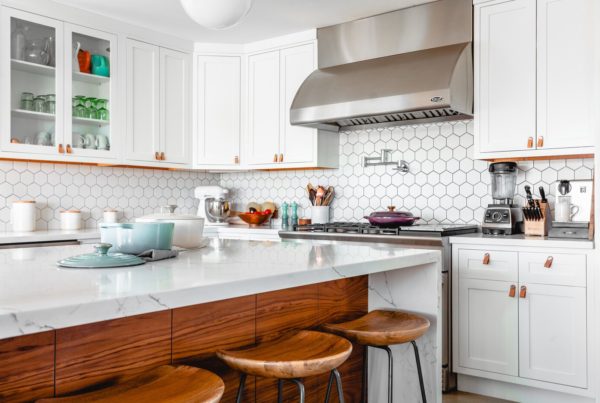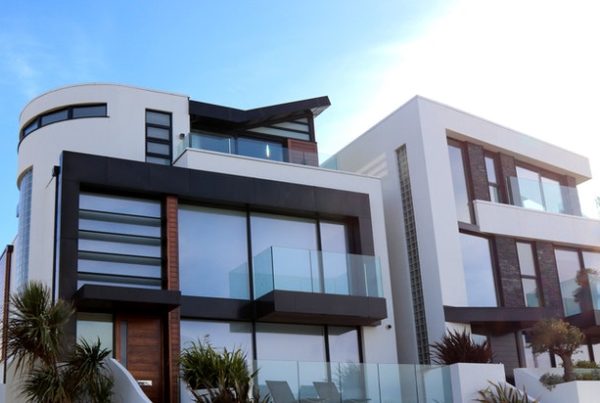
While you can keep vacant houses as investment properties, they can cost homeowners thousands more to insure than occupied and unoccupied houses. Most consider vacant and unoccupied houses in the same bracket, but they are very different to insurance companies.
It’s true that, like vacant houses, unoccupied ones do not have current residents, but they are fully furnished and have working utilities. Vacant houses are completely empty, making them more vulnerable to water damage, snow damage, freezing pipes, theft, and many other property-damaging factors.
As a homeowner, you can take several measures to ensure your house is completely protected while in vacancy. Learn these useful facts on vacant houses for making the most of vacant home insurance for your property.
Reasons for Vacant Houses
According to the U.S. Census Bureau, there are more than 1.1 million vacant homes in the U.S. Several factors can cause houses to remain vacant long-term. They can be up for sale or undergoing renovations. Owners can be in the middle of a move or stuck because of pending sales. There can even be a lack of tenants for rental properties.
Risks of Leaving Vacant Houses Uninsured
There are risks vacant houses face that are far more damaging than those of occupied houses.
They can remain empty and unchecked for long periods, leaving them to potentially more serious harm.
Vacant houses do not have the quick response time that occupied houses have when it comes to catastrophes, theft, or vandalism. And there’s a big difference between finding a burst pipe in the basement of an occupied home and returning to a house you left empty for five months and discovering a flooded basement.
Ways You Can Protect Your Vacant Home
 You have to ensure that your property stays safe while it’s vacant. The first thing you can do is look up quotes for unoccupied property insurance or notify your insurance agent. Present all the property details and consult with them about the available options for coverage. Make sure you are as detailed as possible so that your policy gets adjusted whenever there is a change in living conditions.
You have to ensure that your property stays safe while it’s vacant. The first thing you can do is look up quotes for unoccupied property insurance or notify your insurance agent. Present all the property details and consult with them about the available options for coverage. Make sure you are as detailed as possible so that your policy gets adjusted whenever there is a change in living conditions.
It’s important to secure a DP-1 policy, a type of home insurance policy that protects a house from nine named perils: fire and lightning, internal and external explosions, windstorms, hail, riots, smoke, aircraft, vehicles, and volcanic explosions. Some insurance carriers will not cover a vacant home without a burglar alarm, so you should have anti-burglary measures and smoke detectors in place. Make sure you understand the vacant home insurance quote that your agent offers for your property.
You can hire a property manager to check up on your house from time to time. You can also ask a favor from your friends and neighbors or take time to stop by yourself to make sure that the property is maintained while it’s vacant.
Importance of Securing Vacant Home Insurance
The house is classified as vacant if it remains empty for 60 days. This means you need to get insurance against vacancies since your standard home insurance policy will no longer provide coverage. You need vacant home insurance if you want your property to be covered for water damage, frozen pipes, snow damage, theft, vandalism, and more.
Conclusion
A vacant house faces more risks of property damage and needs additional insurance coverage to maintain its value. It always helps to be informed and get the best vacant home insurance for your property.
Speak with a Florida-based vacant home insurance agent now to learn about your coverage options for your home. We at Quesurance offer a free consultation to people interested in protecting their financial standing.




